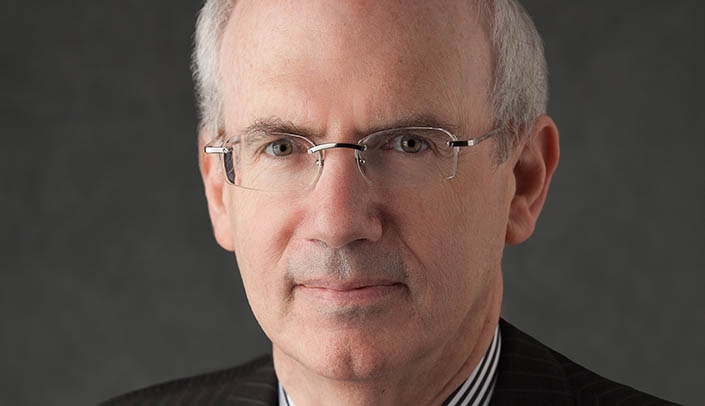Members of the UNMC community,
As concerns over 2019 novel coronavirus (2019-nCoV) continue, UNMC leadership would like to remind students, faculty and staff of the available resources that will help keep the UNMC community healthy, safe and informed.
What to know about coronavirus
The 2019 novel coronavirus is a new virus strain that is believed to have originated around the city of Wuhan, China, and started spreading among people in late 2019. The U.S. Centers for Disease Control (CDC) is closely monitoring the disease, which has now infected more than 21,000 people worldwide.
The CDC confirmed on Monday, Feb. 3, that 11 patients in the U.S. have tested positive with the virus. The first person-to-person transmission of the virus reported in the U.S. was confirmed by the CDC on Jan. 30.
The CDC believes that symptoms may appear in as few as two days or as long as 14 days after exposure. While the agency calls coronavirus a "very serious health threat," the immediate risk is considered low.
Travel guidance for students, faculty and staff
As outlined in Executive Memorandum No. 25, faculty and staff travel for China is currently restricted based on the CDC’s current Warning Level 3 advisory. Special permission must be requested prior to travel commencement. Before faculty or staff begins this process, we encourage them to carefully review the U.S. State Department and CDC advisories for China.
Based on the same Warning Level 3 advisory, UNMC has suspended education abroad programs in China for the early portion of the 2020 spring semester. The university is in contact with those students who are impacted and will work with them to adjust their academic plans for the semester. A decision regarding the continuation of education abroad programs for May and summer will be made at a later date.
The agency also warns that all travelers from China should watch for changes in health 14 days after leaving China, and that if you get a fever or develop a cough during the 14-day period, avoid contact with others.
The CDC also encourages individuals to call their doctor or healthcare provider to tell them about your symptoms and your recent travel. They will provide further instruction about steps to take before your medical visit to help to reduce the risk that you will spread your illness to other people in the office or waiting room.
In addition, CDC and U.S. Customs and Border Protection (CBP) are implementing enhanced health screenings to detect travelers with fever, cough, or difficulty breathing when entering the United States.
Local resources
There are no known cases of coronavirus in Nebraska, but any changes to this status will be communicated with UNMC students, faculty and staff.
Nebraska Medicine infectious disease experts, writing in a January FAQ, say although the risk for Nebraskans is low, the Nebraska Biocontainment Unit is located in Omaha and could serve as a referral site to care for patients who contract this virus.
In addition, Nebraska Medicine primary and Immediate Care clinics and emergency rooms are screening patients to promptly identify and evaluate any suspected cases. Travelers to certain parts of the world may have a higher risk.
All health care facilities have interpreter services available if needed. The World Health Organization website has information available in Chinese.
Steps you can take
The CDC warned that it expects more confirmed cases of the virus in the U.S. and outlined a set of everyday preventative actions to prevent the spread of respiratory viruses:
- Avoid close contact with sick people.
- While sick, limit contact with others as much as possible.
- Stay home if you are sick.
- Cover your nose and mouth when you cough or sneeze. Avoid touching your eyes, nose and mouth. Germs spread this way.
- Clean and disinfect surfaces and objects that may be contaminated with germs.
- Wash your hands often with soap and water for at least 20 seconds. If soap and water are not available, use an alcohol-based hand rub with at least 60% alcohol.
- If you feel sick with fever, cough, or difficulty breathing, and have traveled to China or were in close contact with someone with 2019-nCoV in the 14 days before you began to feel sick, seek medical care. Before you go to a doctor’s office or emergency room, call ahead and tell them about your recent travel and your symptoms.
Above all, UNMC encourages all students, faculty and staff to be mindful of their overall health and wellness. Resources include the UNMC Student Health Clinic, wellness programs, and other on-campus health resources.
Thank you,
Jeffrey P. Gold, M.D.
Chancellor, University of Nebraska Medical Center
